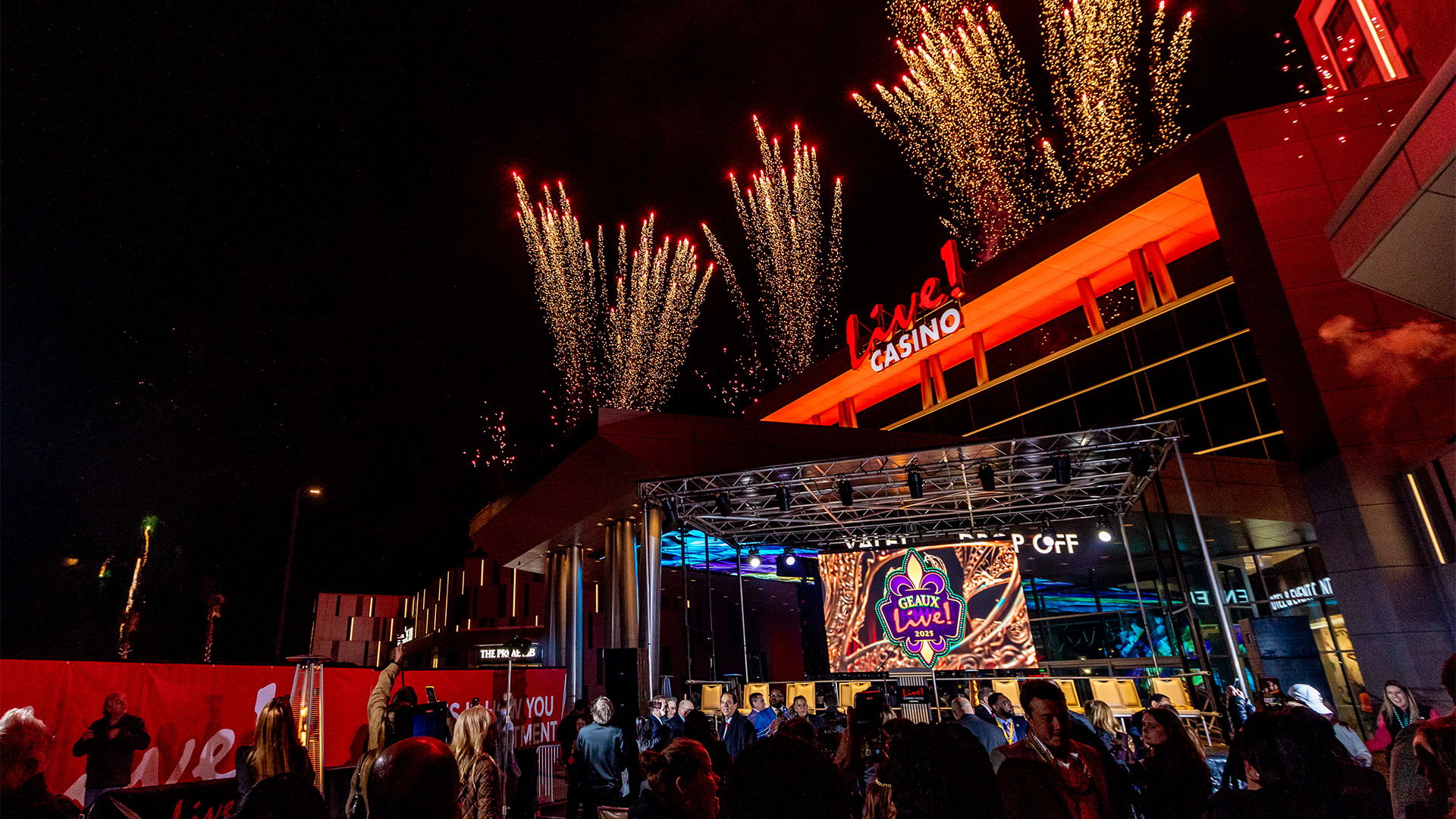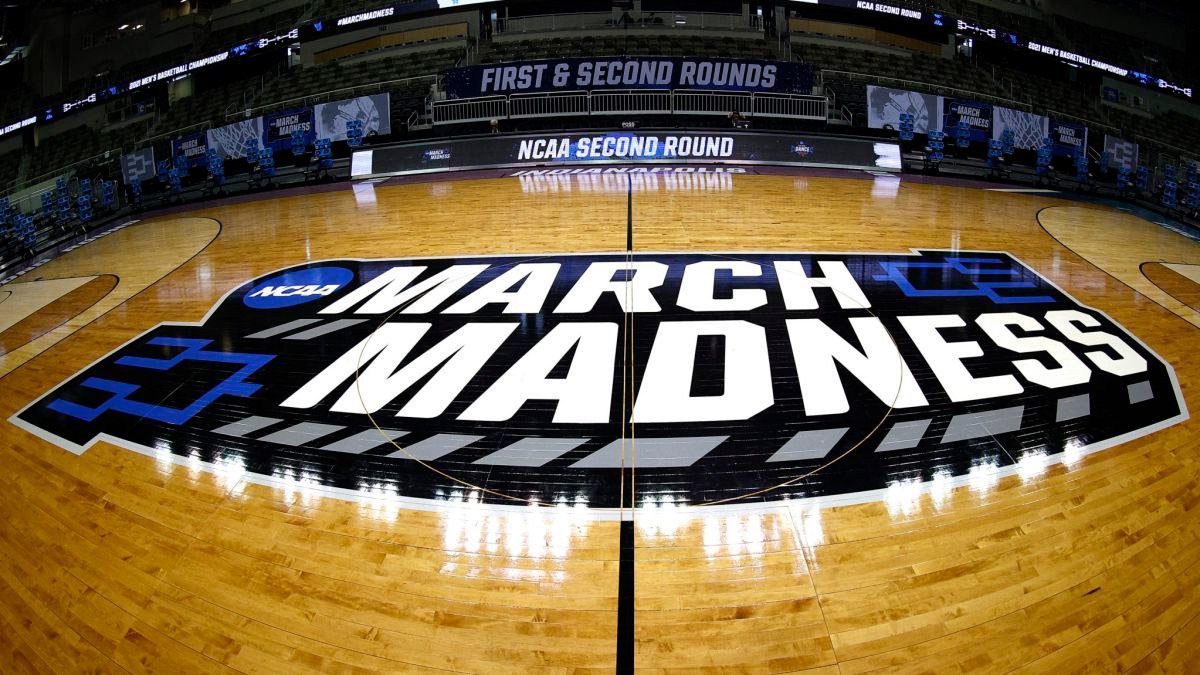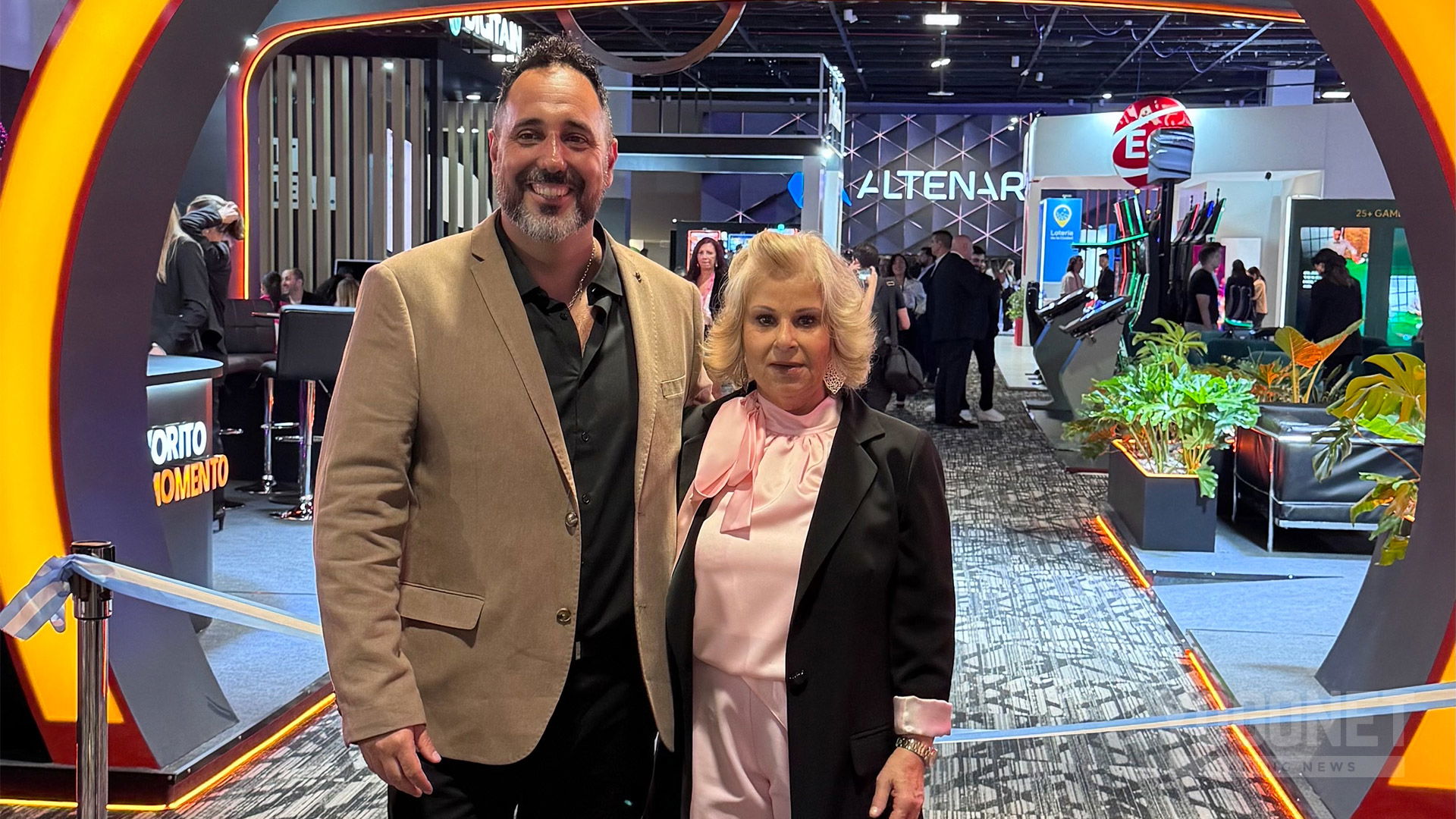Court dismisses Potawatomi lawsuit against Waukegan casino plans in Illinois

The U.S. Court of Appeals for the Seventh Circuit has dismissed the Forest County Potawatomi Community’s federal lawsuit against Waukegan, Illinois, likely ending a nearly six-year legal battle over the city’s casino license selection, the Chicago Tribune reported.
The conflict began in 2019 when the Waukegan City Council submitted three candidates to the Illinois Gaming Board for consideration for a casino license, excluding the Potawatomi. In response, the tribe filed its first of two lawsuits challenging the city’s decision.
As the federal case made its way through the court system—from Lake County Court to the U.S. District Court for the Northern District of Illinois and then to the Seventh Circuit—the Potawatomi launched a second lawsuit in 2021 against Waukegan and the gaming board in an attempt to halt the licensing process.
However, after a Cook County judge rejected the tribe’s request, the gaming board swiftly awarded the license to Full House Resorts, which subsequently opened its temporary American Place casino in Waukegan two years ago.
Three weeks after the Illinois Supreme Court dismissed the state case in January—allowing plans for the permanent American Place to move forward—the U.S. Court of Appeals rejected the federal case.
A three-judge panel of the U.S. Court of Appeals for the Seventh Circuit unanimously rejected the Potawatomi’s appeal on Feb. 14 in Chicago, dismissing the federal case and likely ending all litigation between Waukegan and the tribe.
The court ruled that tribes, like states, do not have rights under civil rights laws. It noted that while the Potawatomi claimed unfair treatment, they offered significantly less for the 30-acre site near Fountain Square and did not propose an entertainment venue, unlike the other bidders.
Judge Thomas Kirsch wrote that Waukegan had multiple valid reasons for its decision: “The city’s review process may have been flawed. But the absence of perfection in a process does not prove intentional discrimination.”
Stewart Weiss, an attorney for Waukegan’s corporate counsel Elrod Friedman, welcomed the ruling and doubted the Potawatomi would pursue further legal action.
“This is absolutely the right outcome for a case that never should have been brought in the first place,” Weiss said. “The 7th Circuit Court of Appeals recognized that the city’s selection process was open, fair and based on facts.”
While the Potawatomi could request a rehearing before the full 11-judge appellate panel or petition the U.S. Supreme Court to take up the case, Weiss said both options were unlikely.
”In this case, I would be highly surprised if either would occur based on the line of reasoning,” Weiss said. “The opinion was very clear.”
Weiss added the tribe provided no evidence of discrimination and instead accused Waukegan of conspiring against them.
Alex Stolyar, Senior Vice President and Chief Development Officer for Full House Resorts, said the decision clears another hurdle. “I’m very pleased with the result,” he said. “The Potawatomi really didn’t have a case here. We’re moving forward with the architects and drawings so we can get going.”


















































